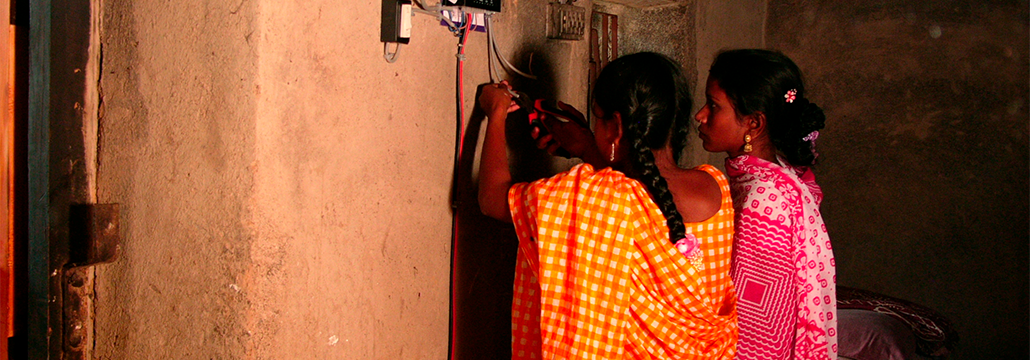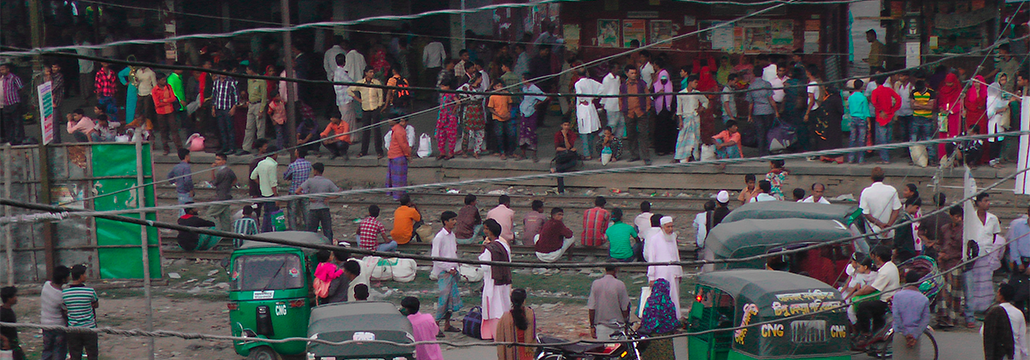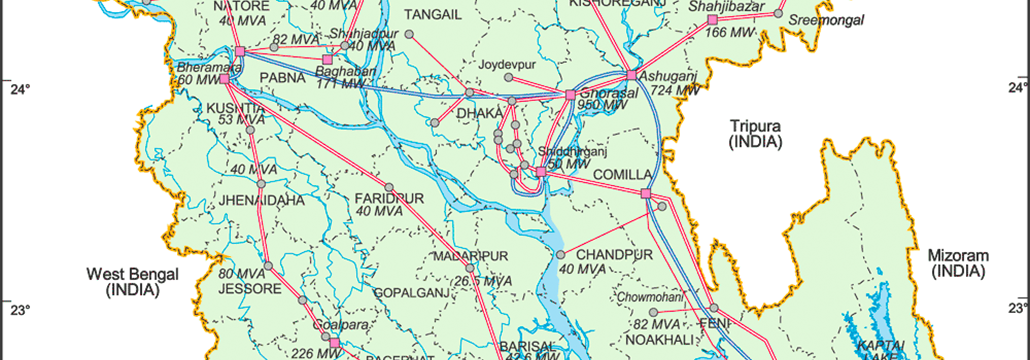Natural Gas Tariff Reform in Bangladesh
Place: Bangladesh – Dates: 2010 – Partner: ADB
Project Summary
Most independent observers see Bangladesh at a crossroads in terms of its natural gas policies. The country has a long history of using ample natural endowments to address extensive development challenges. While these policies can be said to have been appropriate in the sense of targeting a social agenda with national resource wealth, many have expressed concern about the efficiency of individual policies and the capacity of individual institutions to effectively execute those policies. Regardless of debates about past intentions, policy designs, and implementation, Bangladesh today faces a different future than it did decades ago when relatively abundant natural gas seemed to be the key to prosperity. Known reserves are not expected to last a decade on current use trends, energy price policies appear to seriously undermine economic efficiency, and the fiscal costs of those policies is being seriously questioned.To support more evidence-based dialog on energy development, allocation, and pricing reform, this study uses a detailed economic forecasting model to evaluate leading issues facing Bangladesh. After an overview of natural gas sector experience and policy, we use this model evaluate a variety of policy options that are under active discussion and consideration by public and private stakeholders. In particular, we consider reforms that would make gas prices more market determined and uniform across private uses, as well as energy efficiency potential, the special nature of the fertilizer sector, coal substitution for electric power generation, and the prospect of exporting part of the country’s natural gas reserves at more competitive international prices.
These polices are quite diverse, but all have important implications for the country’s energy sector, particularly in terms of economywide efficiency, equity, and sustainability. Our results suggest that, although its energy future is more challenging that in the early days of gas abundance, Bangladesh has many options for energy policy reform than could facilitate higher, more equitable, and more sustainable levels of economic growth in the economy. To realize the vast human and economic potential of this country, more balanced consideration of political and economic criteria will be essential. This study offers support for a more objective, evidence-based approach to sustained prosperity for Bangladesh.






